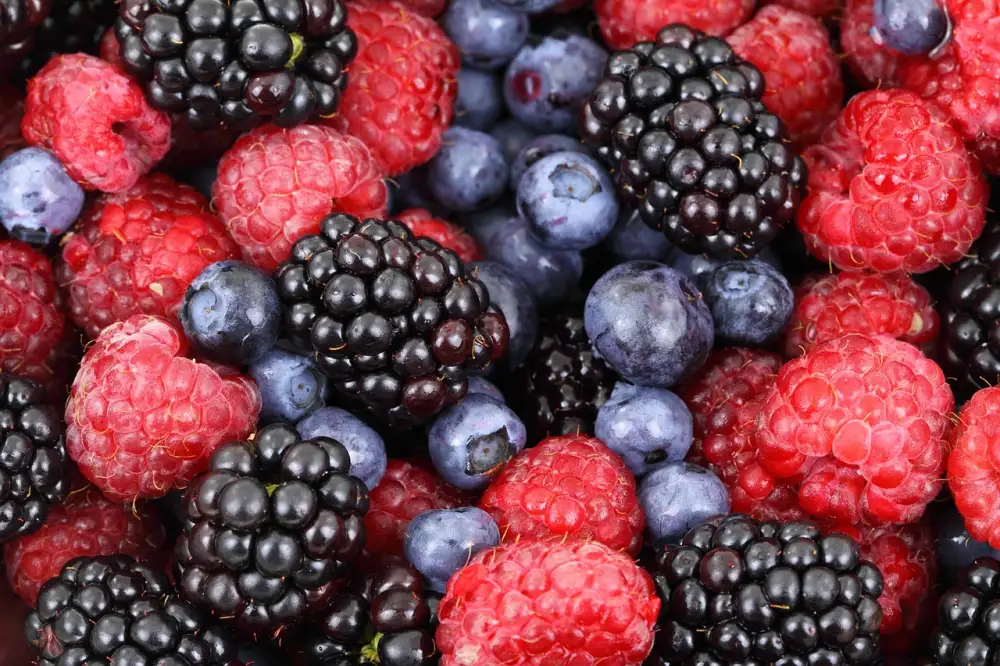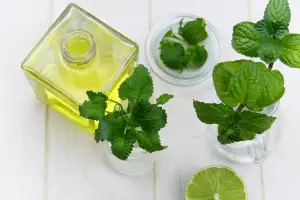Unveiling the Truth: Is Whole Foods Expensive? A Price Comparison Revealed

Whole Foods Market, founded in 1980, is a renowned supermarket chain specializing in natural and organic foods. With over 500 stores in North America and the UK, Whole Foods has gained a reputation for offering high-quality products that cater to health-conscious consumers. The company prides itself on its commitment to sustainable sourcing, supporting local farmers, and providing a wide range of organic options for shoppers looking to make healthier choices. Known for its extensive selection of fresh produce, artisanal products, and eco-friendly practices, Whole Foods has become a go-to destination for those seeking premium groceries and specialty items.
Comparison of Whole Foods Prices with Other Supermarkets
When it comes to comparing prices, Whole Foods Market often gets a reputation for being expensive. However, recent studies have shown that this might not always be the case. A price comparison conducted by Consumer Reports found that Whole Foods' prices were only 7% higher on average compared to other supermarkets like Kroger and Albertsons. Additionally, a study by Bank of America Merrill Lynch revealed that some items at Whole Foods were actually cheaper than those at traditional grocery stores. It's important to note that while certain products may be pricier at Whole Foods, the overall cost difference might not be as significant as commonly believed.
Factors Influencing Whole Foods Pricing
Factors influencing Whole Foods pricing include their commitment to high-quality, organic products. Whole Foods sources from local and sustainable suppliers, which can be more costly than conventional options. Their strict standards for ingredients and ethical practices also contribute to higher prices. Additionally, the store offers a wide range of specialty items and unique products that may not be readily available at other supermarkets, further justifying their premium pricing strategy.
Quality vs. Cost at Whole Foods
When it comes to Whole Foods, the debate between quality and cost is a common one. Whole Foods Market is known for its high-quality products, including organic and locally sourced items. While these products often come with a higher price tag compared to conventional supermarkets, many argue that the superior quality justifies the cost. Whole Foods prioritizes sustainable practices, ethical sourcing, and transparency in their products, which can contribute to the higher prices. Customers who value these aspects may find that the quality of the products at Whole Foods outweighs the higher cost.
Tips for Saving Money at Whole Foods
1. Take advantage of weekly sales and promotions: Whole Foods offers weekly deals on various products, including produce, meat, and pantry staples. Keep an eye on their weekly flyer or sign up for their newsletter to stay informed about the latest discounts.
2. Shop in bulk: Buying items in bulk can often lead to cost savings at Whole Foods. Look for bulk bins for grains, nuts, and spices, which are typically cheaper than pre-packaged options.
3. Utilize the Whole Foods app: The Whole Foods app provides exclusive digital coupons and discounts for shoppers. By using the app, you can access additional savings on a wide range of products.
4. Join the Amazon Prime program: Amazon Prime members receive special discounts at Whole Foods stores nationwide. By linking your Amazon Prime account with your Whole Foods account, you can unlock extra savings on select items.
5. Explore the 365 Everyday Value brand: Whole Foods' own brand, 365 Everyday Value, offers high-quality products at more affordable prices compared to other brands in the store. Consider opting for these products to save money without compromising on quality.
By implementing these money-saving tips, you can enjoy the premium offerings at Whole Foods while keeping your budget in check.
After conducting a thorough price comparison with other supermarkets, it is evident that Whole Foods Market does tend to have higher prices on certain items. Factors such as organic certification, sustainable sourcing, and high-quality standards contribute to these higher costs. However, it is important to consider the value you place on these aspects when evaluating if Whole Foods is expensive. With strategic shopping techniques like buying in bulk, taking advantage of sales, and utilizing their loyalty program, it is possible to save money at Whole Foods without compromising on quality. Ultimately, whether Whole Foods is expensive or not depends on individual preferences and priorities when it comes to food purchasing decisions.
Published: 12. 03. 2024
Category: Home



